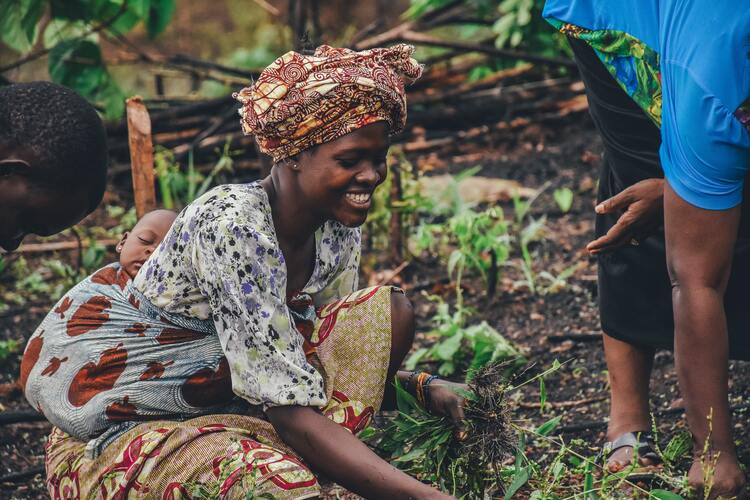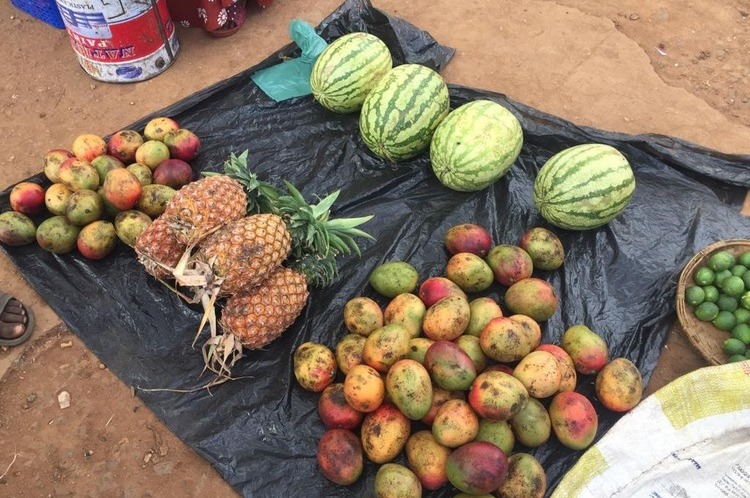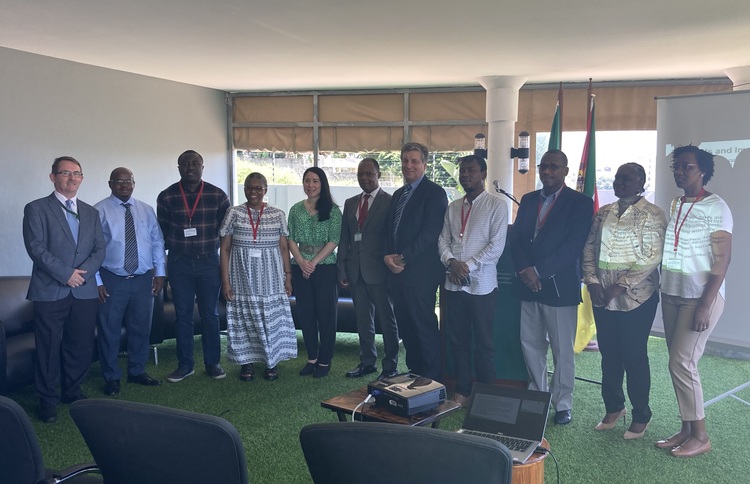UCD project to support food security creates ‘edible urban green infrastructure’ in Mozambique
Posted 23 January 2023

Researchers at (opens in a new window)University College Dublin are combating food security in vulnerable communities in African cities with a new pilot programme encouraging urban beekeeping and community gardens.
Focusing on nature-based solutions and sustainable design, the scheme aims to promote low-cost ‘edible urban green infrastructure’(UGI) that will promote improved nutrition in local families in two rapidly growing cities in the Republic of Mozambique.
The project ‘SYNERGI’ (Socially Inclusive Edible Urban Green Infrastructure) is being undertaken in partnership with local civil society organisations, as well as the (opens in a new window)Irish Research Council and (opens in a new window)Irish Aid.
“Diverse urban agriculture can help cities address the twin challenges of food security and climate change by providing a sustainable food supply, enabling cultural support of resilience and change, as well as offering various ecosystem services,” said Project lead (opens in a new window)Dr Christine Bonnin, from UCD School of Geography.
“Social inequality is also an issue when it comes to access to quality food, so with SYNERGI we hope to investigate not only diverse, multifunctional systems for food provisioning with environmental sustainability and climate-adaptive dimensions, but also ones that enable inclusive participation and outcomes.”

Among the low-cost edible UGI innovations being piloted with vulnerable communities include community gardens - containing fast-maturing food trees such as Moringa, fruit and nut trees, and nutritionally dense crops like sweet potatoes, vertical greening garden structures, urban beekeeping, and directly linked supports such as organic waste-to-compost, rainwater capture systems and natural canopy - which provides temperature regulation, alongside pollution filtration, carbon dioxide sequestration, stormwater attenuation and biodiversity enhancement.
The project was devised to help low income and vulnerable households, social groups, and communities living in rapidly growing cities across Africa facing concurrent challenges of maintaining food security whilst coping with the impacts of climate change.
“In addition to the ambitions of our research, SYNERGI is an initiative that will also serve to strengthen the research environment between UCD and Eduardo Mondlane University (UEM), and between Ireland and Mozambique,” said project co-lead Professor Ines Raimundo, from Mozambique’s Eduardo Mondlane University.

It will help enhance the overall capacity of UEM's departments for research and academic outputs. Furthermore, through the project, local universities, including our collaborators, Lurio University, will deepen their partnership with UEM as well, which is a welcome added benefit of our collaboration."
Launching the project, Irish Ambassador Patrick Empey said: “The SYNERGI project aims to strengthen educational institutional links and promote urban food production.
"Sustainable Food Systems, centred on women and young people, are key to building community resilience to climate change and opportunities for improved family nutrition in the most vulnerable communities.”
By: David Kearns, Digital Journalist / Media Officer, UCD University Relations (with materials from Caroline Byrne, UCD Research and Innovation)
To contact the UCD news team, email: (opens in a new window)newsdesk@ucd.ie






